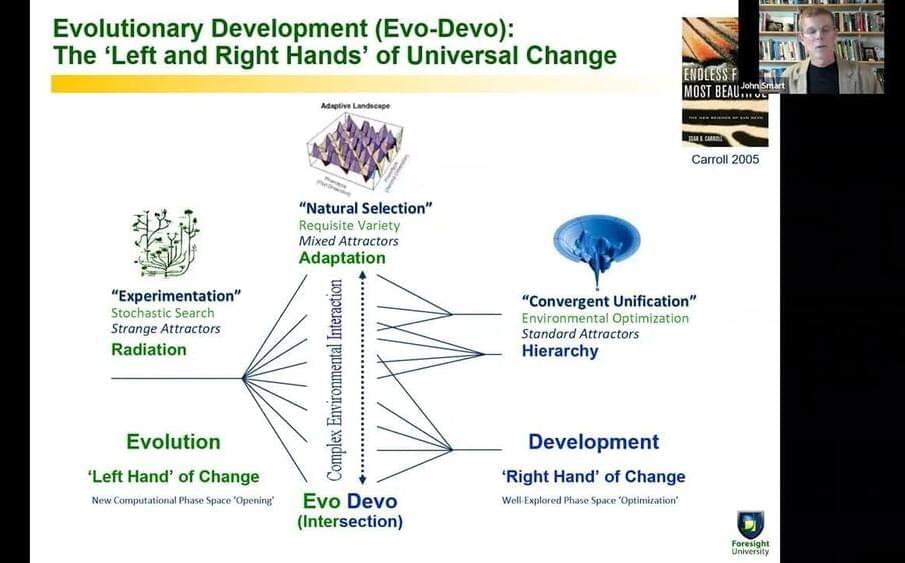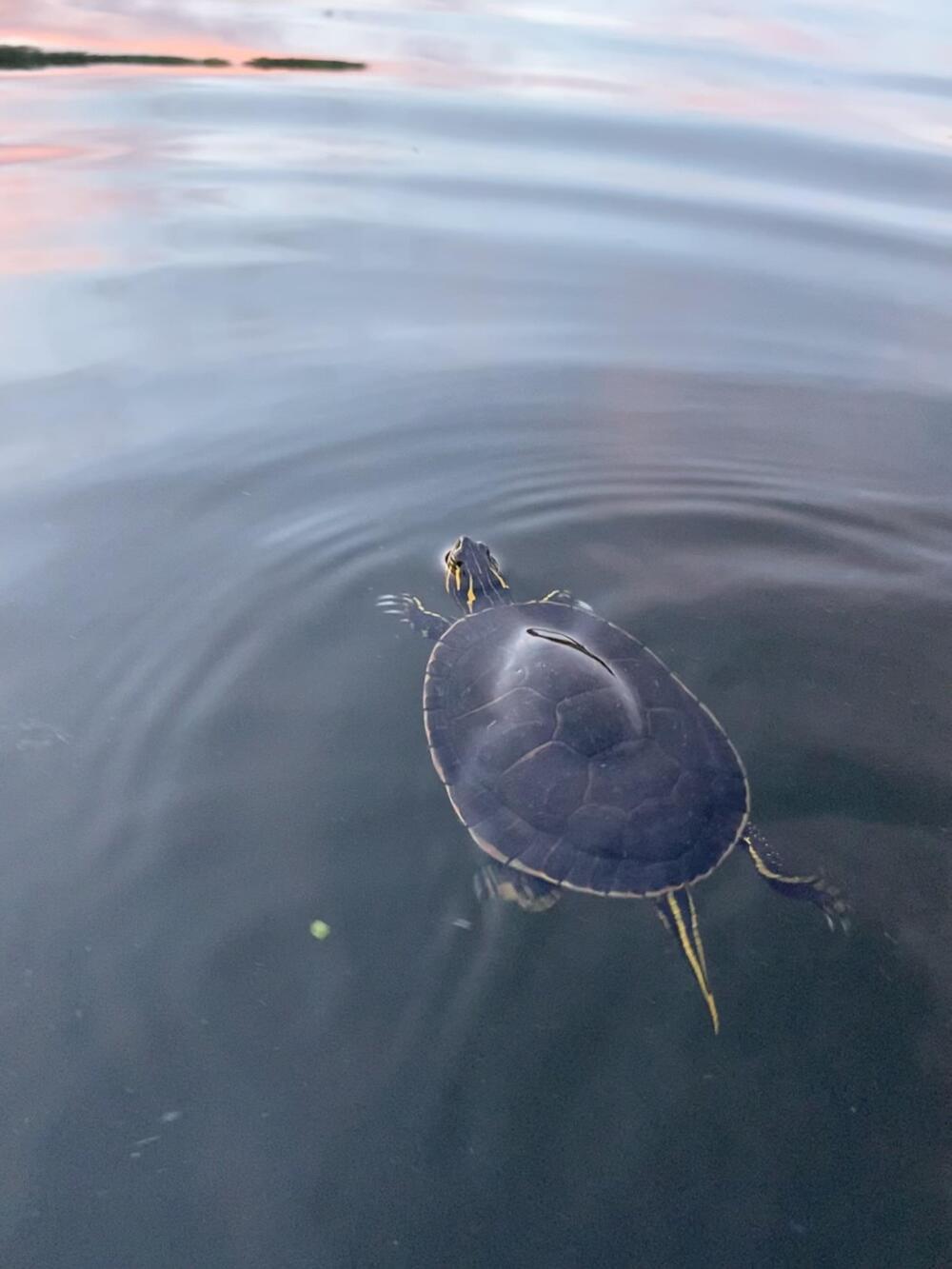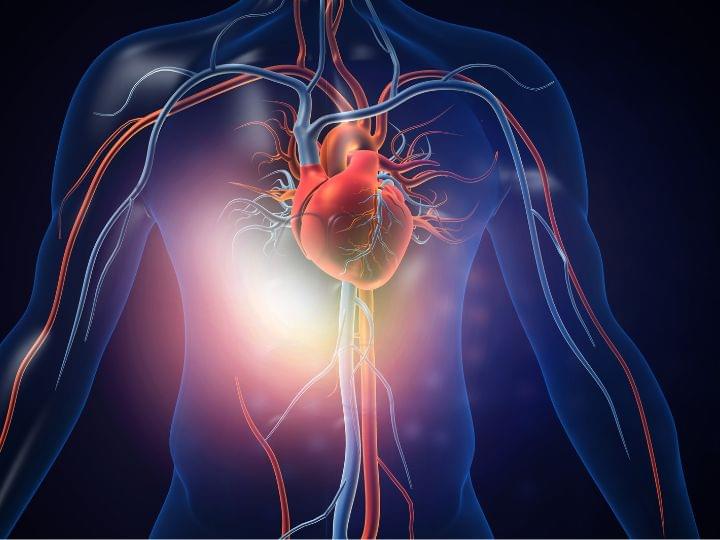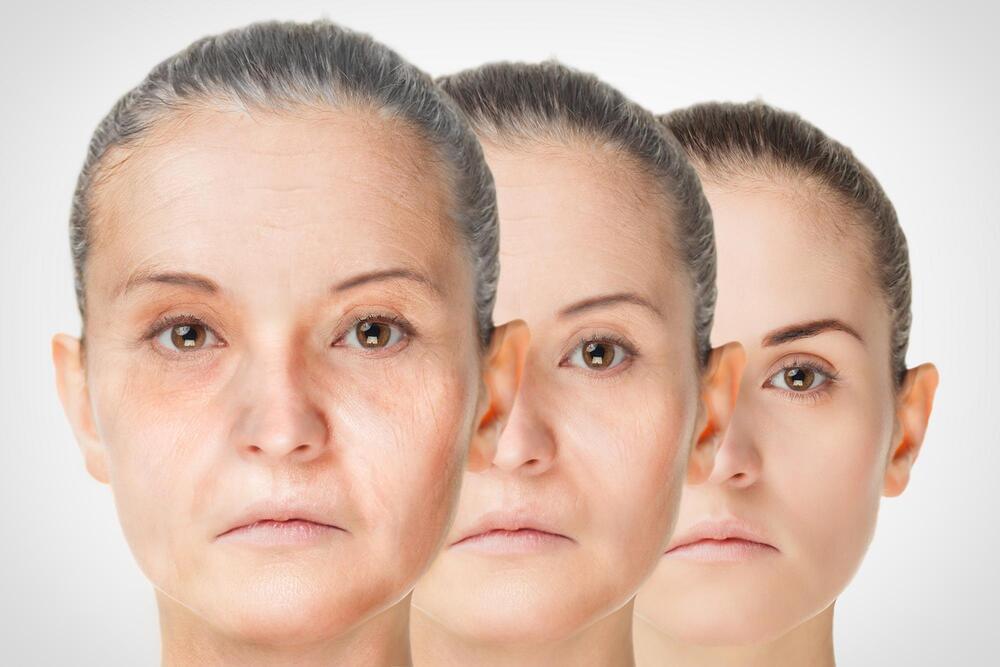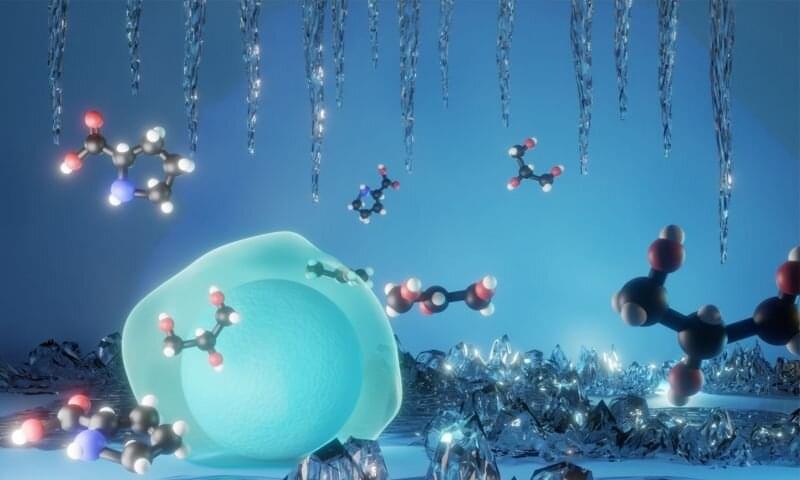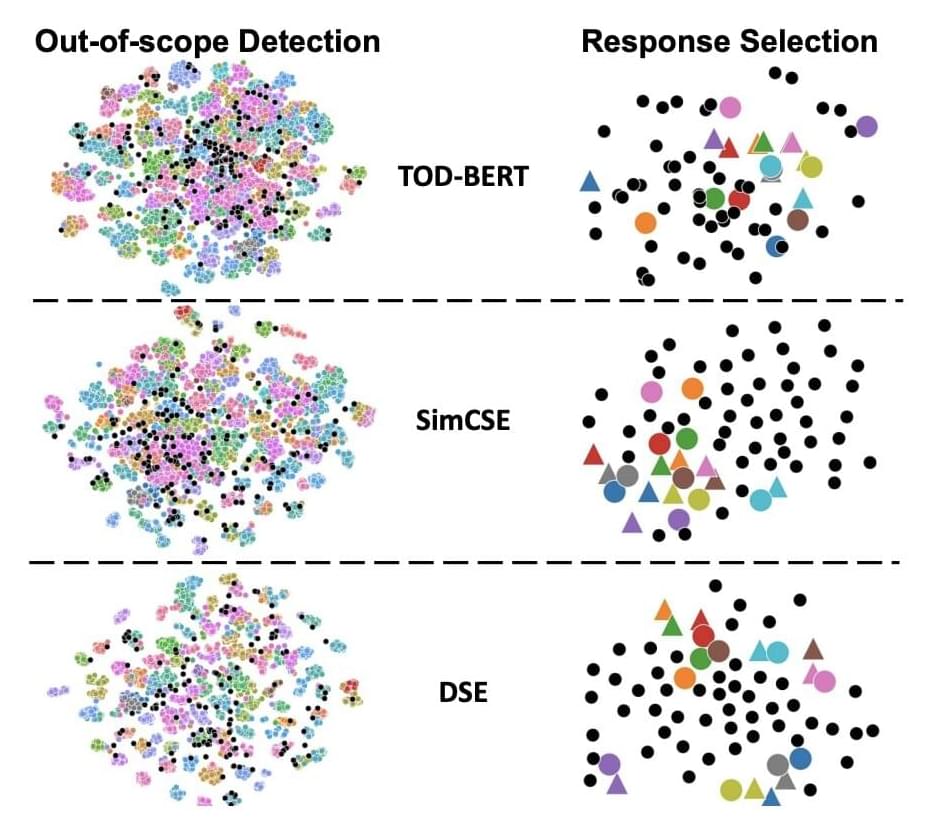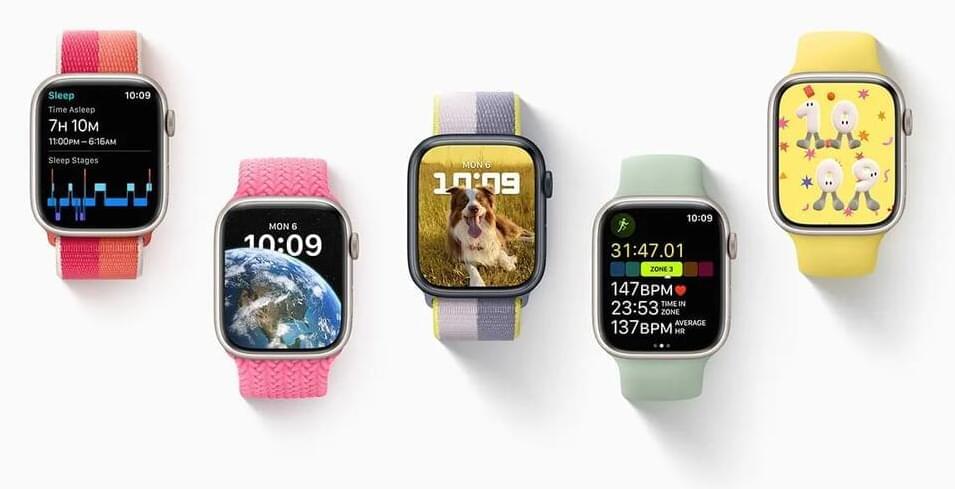Jun 24, 2022
The Goodness of the Universe — John Smart
Posted by Dan Breeden in categories: cryonics, life extension, neuroscience, robotics/AI
Outer Space, Inner Space, and the Future of Networks.
Synopsis: Does the History, Dynamics, and Structure of our Universe give any evidence that it is inherently “Good”? Does it appear to be statistically protective of adapted complexity and intelligence? Which aspects of the big history of our universe appear to be random? Which are predictable? What drives universal and societal accelerating change, and why have they both been so stable? What has developed progressively in our universe, as opposed to merely evolving randomly? Will humanity’s future be to venture to the stars (outer space) or will we increasingly escape our physical universe, into physical and virtual inner space (the transcension hypothesis)? In Earth’s big history, what can we say about what has survived and improved? Do we see any progressive improvement in humanity’s thoughts or actions? When is anthropogenic risk existential or developmental (growing pains)? In either case, how can we minimize such risk? What values do well-built networks have? What can we learn about the nature of our most adaptive complex networks, to improve our personal, team, organizational, societal, global, and universal futures? I’ll touch on each of these vital questions, which I’ve been researching and writing about since 1999, and discussing with a community of scholars at Evo-Devo Universe (join us!) since 2008.
For fun background reading, see John’s Goodness of the Universe post on Centauri Dreams, and “Evolutionary Development: A Universal Perspective”, 2019.
Continue reading “The Goodness of the Universe — John Smart” »
